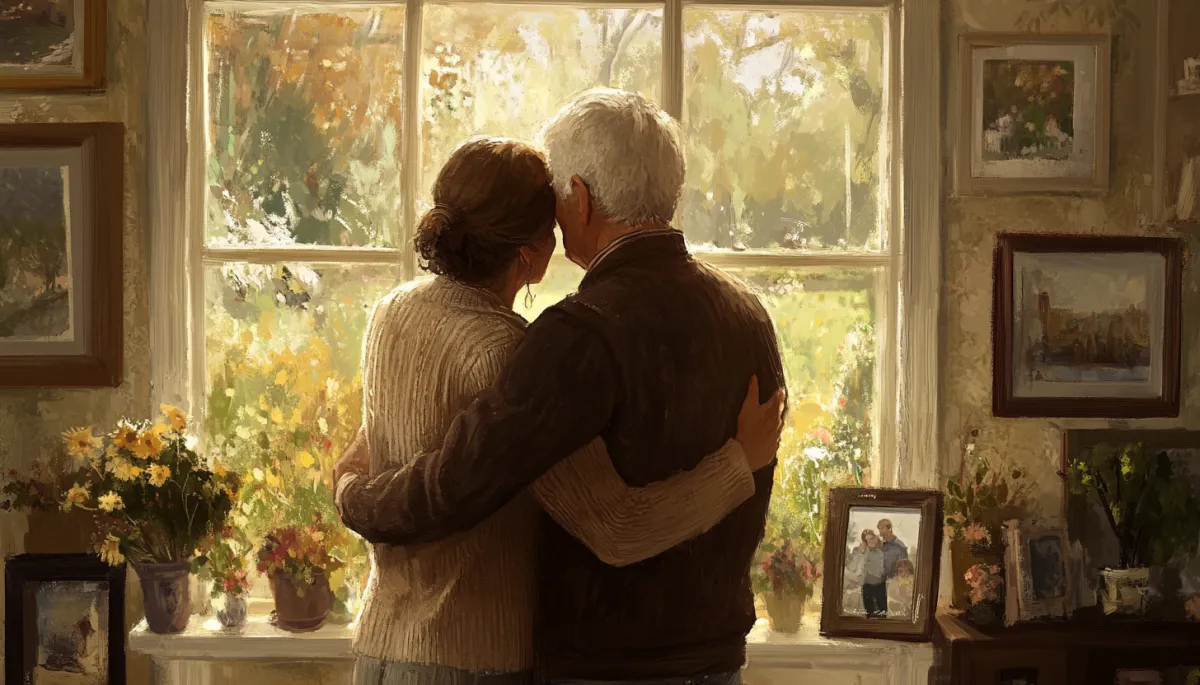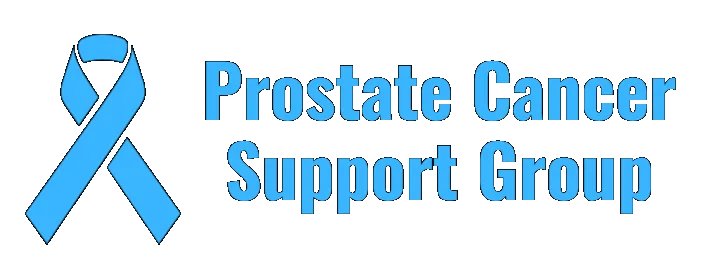When Our Pain Becomes Theirs:
A Call for Emotional Accountability in Prostate Cancer Support
August 28, 2025, by Coach Brian McCarthy

"True support in the face of prostate cancer means not just understanding the pain but owning it together; only then can we build a community of resilience."
Introduction
Prostate cancer doesn’t just affect the man diagnosed; it reshapes the emotional landscape of everyone close to him. As a coach and group facilitator, I’ve witnessed the courage of men facing treatment and recovery. But I’ve also seen a quieter, often overlooked reality: the emotional toll on their partners. In coaching sessions I have with care-givers, a recurring theme has emerged, women putting their lives on hold, not out of obligation, but out of love. And sometimes, out of fear. This article is a call to reflect, not blame. To recognize how our emotional responses as men can either support or strain the very relationships we depend on.
The Hidden Cost of Emotional Shutdown
Introduction
Fear, uncertainty, and loss of control are natural responses to a cancer diagnosis. But when those emotions go unspoken or unmanaged, they often manifest in ways that unintentionally isolate the people closest to us.
Silence and Withdrawal
Many men retreat inward, believing they’re protecting their loved ones from their pain. But silence can feel like abandonment. One caregiver shared, “He doesn’t want to talk, and I don’t know how to help.” Emotional withdrawal leaves partners guessing, worrying, and carrying the weight alone.
Irritability and Resistance
Others respond with frustration or defensiveness, resisting help, avoiding conversations, or lashing out. These reactions, while human, can create emotional climates that feel unsafe. As one person put it, “I feel like I’m disappearing.” That’s not just sadness; it’s erosion of identity.
When Distance Becomes Damage
Introduction
Caregiving often demands sacrifice. But when emotional distance becomes the norm, those sacrifices can turn into long-term damage, especially when partners feel they must give up their own lives to stay close.
Social Isolation
Many women stop going out, cancel plans, and withdraw from their own support networks. “I used to meet friends every Friday. Now I feel like I can’t,” one coaching client shared. This isn’t just about logistics, it’s about losing joy, connection, and self-care.
Emotional Guilt
Even when opportunities arise, guilt often keeps caregivers at home. “I’m scared he’ll feel abandoned if I take time for myself,” said another carer. This emotional bind traps women between love and loss, wanting to care but needing to breathe.
Accountability vs. Blame
Introduction
This isn’t about pointing fingers. It’s about inviting reflection. Emotional accountability means recognizing how our behavior affects others and choosing to show up differently.
Naming the Impact
We must ask ourselves: Are we giving our partners space to breathe? Are we acknowledging their emotional load? One woman wrote, “He doesn’t want to go anywhere, so I stay home too.” That’s not partnership, it’s quiet resignation.
Choosing Growth
Accountability means choosing growth over guilt. It means initiating conversations, expressing gratitude, and encouraging independence. Healing isn’t just clinical, it’s relational. And it starts with us.
What Healing Together Looks Like
Introduction
True healing happens in connection. When both partners feel seen, heard, and supported, the journey becomes one of shared strength, not silent suffering.
Encouraging Autonomy
Let her go out. Let her breathe. Remind her that her wellbeing matters too. One caregiver said, “I haven’t left the house in weeks unless he’s with me.” That’s not sustainable. It’s a signal that something needs to shift.
Emotional Presence
Show up emotionally. Ask how she’s doing. Celebrate her wins. Support isn’t just about being cared for, it’s about caring back. That’s the kind of strength that builds legacy.
Conclusion
Men in our prostate cancer support group are courageous. Facing cancer takes grit. But emotional courage, the kind that asks, listens, and grows, is just as vital.
Let’s be honest with ourselves. Are we showing up emotionally? Are we encouraging our partners to live, not just care? Are we creating space for their healing too?
Support isn’t just about being cared for, it’s about caring back. Let’s be the kind of men who lift, not lean. Who reflect, not deflect. Who heal, together.
Disclaimer
Coach Brian McCarthy is a certified Life Coach but is not a doctor; please consult your own medical team before starting something, stopping something or making changes to your prostate cancer medical battle plan.
Call to Action: From Reflection to Action
If any part of this article resonates with you, if you’ve seen yourself in the silence, the frustration, or the emotional distance, know this: you’re not alone, and you’re not stuck.
Healing is possible. Growth is possible. And support is available.
For men who want to do more, to show up differently, to reconnect with their partners, to rebuild emotional trust, I’m offering a complimentary coaching call. It’s a safe, confidential space to talk through what’s happening, what’s holding you back, and what’s possible next.
No pressure. No judgment. Just a chance to take one step toward being the kind of man who lifts, not leans.
To book your call, use the calendar below. Let’s walk this road together, with courage, clarity, and compassion.

